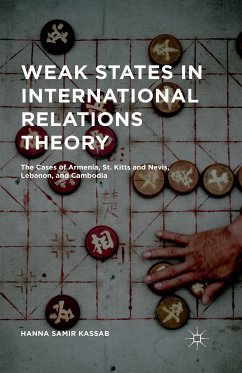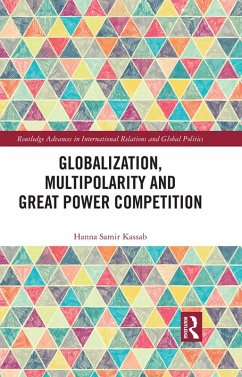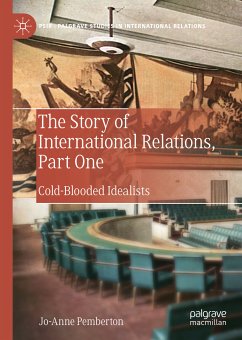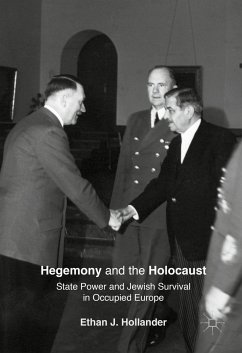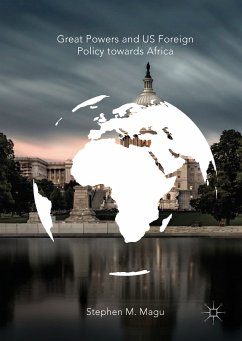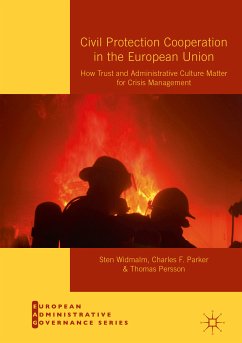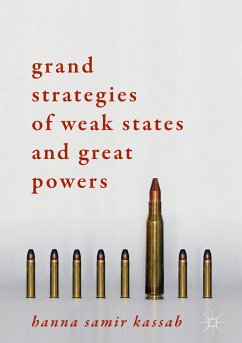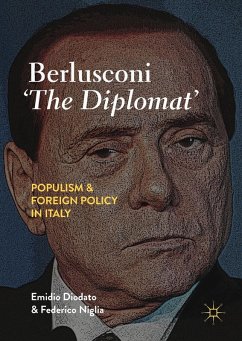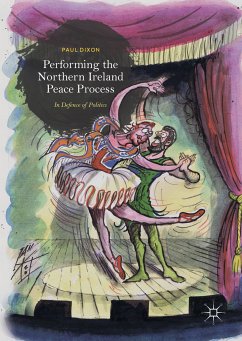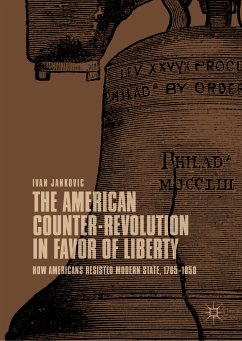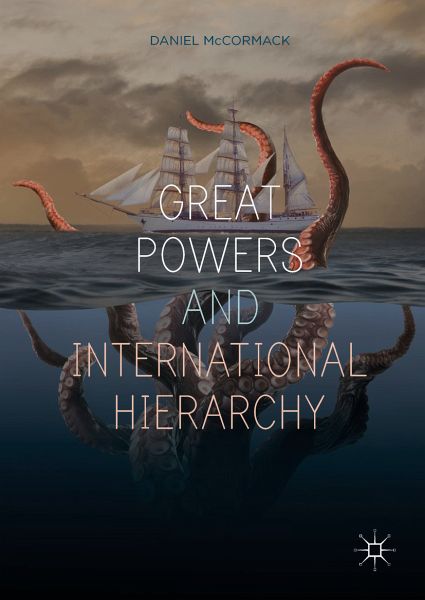
Great Powers and International Hierarchy (eBook, PDF)
Versandkostenfrei!
Sofort per Download lieferbar
40,95 €
inkl. MwSt.
Weitere Ausgaben:

PAYBACK Punkte
20 °P sammeln!
Hierarchical relationships-rules that structure both international and domestic politics-are pervasive. Yet we know little about how these relationships are constructed, maintained, and dismantled. This book fills this lacuna through a two-pronged research approach: first, it discusses how great power negotiations over international political settlements both respond to domestic politics within weak states and structure the specific forms that hierarchy takes. Second, it deduces three sets of hypotheses about hierarchy maintenance, construction, and collapse during the post-war era. By offerin...
Hierarchical relationships-rules that structure both international and domestic politics-are pervasive. Yet we know little about how these relationships are constructed, maintained, and dismantled. This book fills this lacuna through a two-pronged research approach: first, it discusses how great power negotiations over international political settlements both respond to domestic politics within weak states and structure the specific forms that hierarchy takes. Second, it deduces three sets of hypotheses about hierarchy maintenance, construction, and collapse during the post-war era. By offering a coherent theoretical model of hierarchical politics within weaker states, the author is able to answer a number of important questions, including: Why does the United States often ally with autocratic states even though its most enduring relationships are with democracies? Why do autocratic hierarchical relationships require interstate coercion? Why do some hierarchies end violently and otherspeacefully? Why does hierarchical competition sometimes lead to interstate conflict and sometimes to civil conflict?
Dieser Download kann aus rechtlichen Gründen nur mit Rechnungsadresse in A, B, BG, CY, CZ, D, DK, EW, E, FIN, F, GR, HR, H, IRL, I, LT, L, LR, M, NL, PL, P, R, S, SLO, SK ausgeliefert werden.



